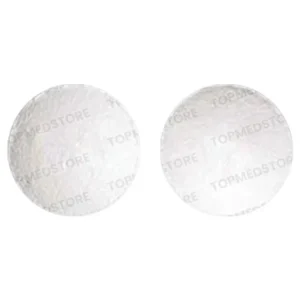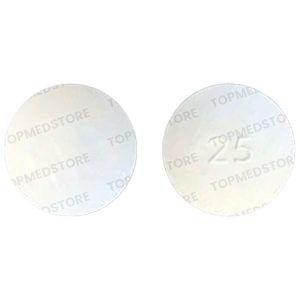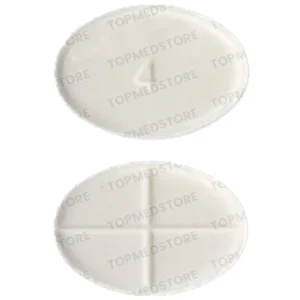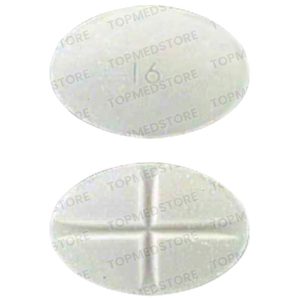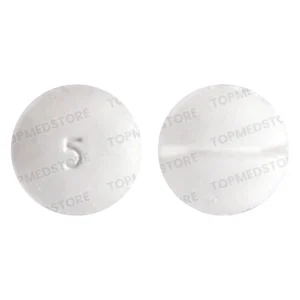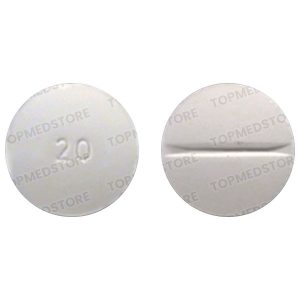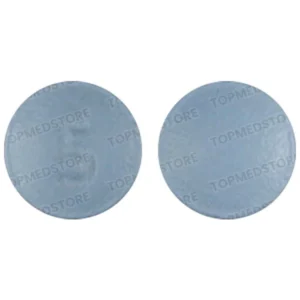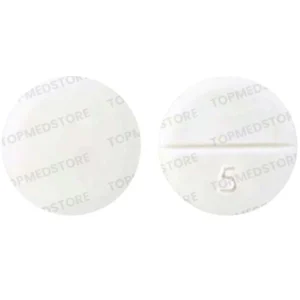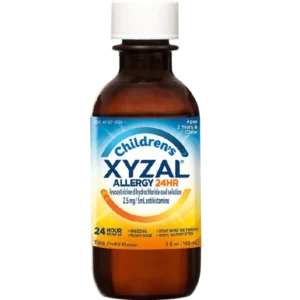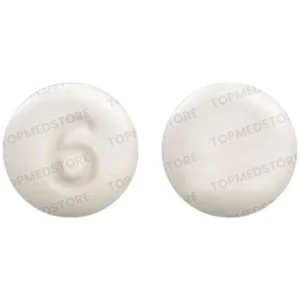Atarax is a well-known and widely used brand-name medication that contains the active ingredient Hydroxyzine, which belongs to the antihistamine class of drugs. This medication is primarily prescribed for the treatment of anxiety and tension, helping to promote a calming effect by acting on certain natural chemicals in the brain. In addition to its use in anxiety management, Atarax can also be utilized to address allergic reactions and sleep-related issues. The medication is produced by the reputable pharmaceutical company Roerig, a division of Pfizer Inc., known for its high-quality standards in manufacturing. Atarax is available in easy-to-administer conventional tablet form, providing flexibility in dosage options, which include 10 mg, 25 mg, and 50 mg tablets. These different dosage strengths allow healthcare providers to customize treatment based on individual patient needs, ensuring effective symptom relief while minimizing side effects.

